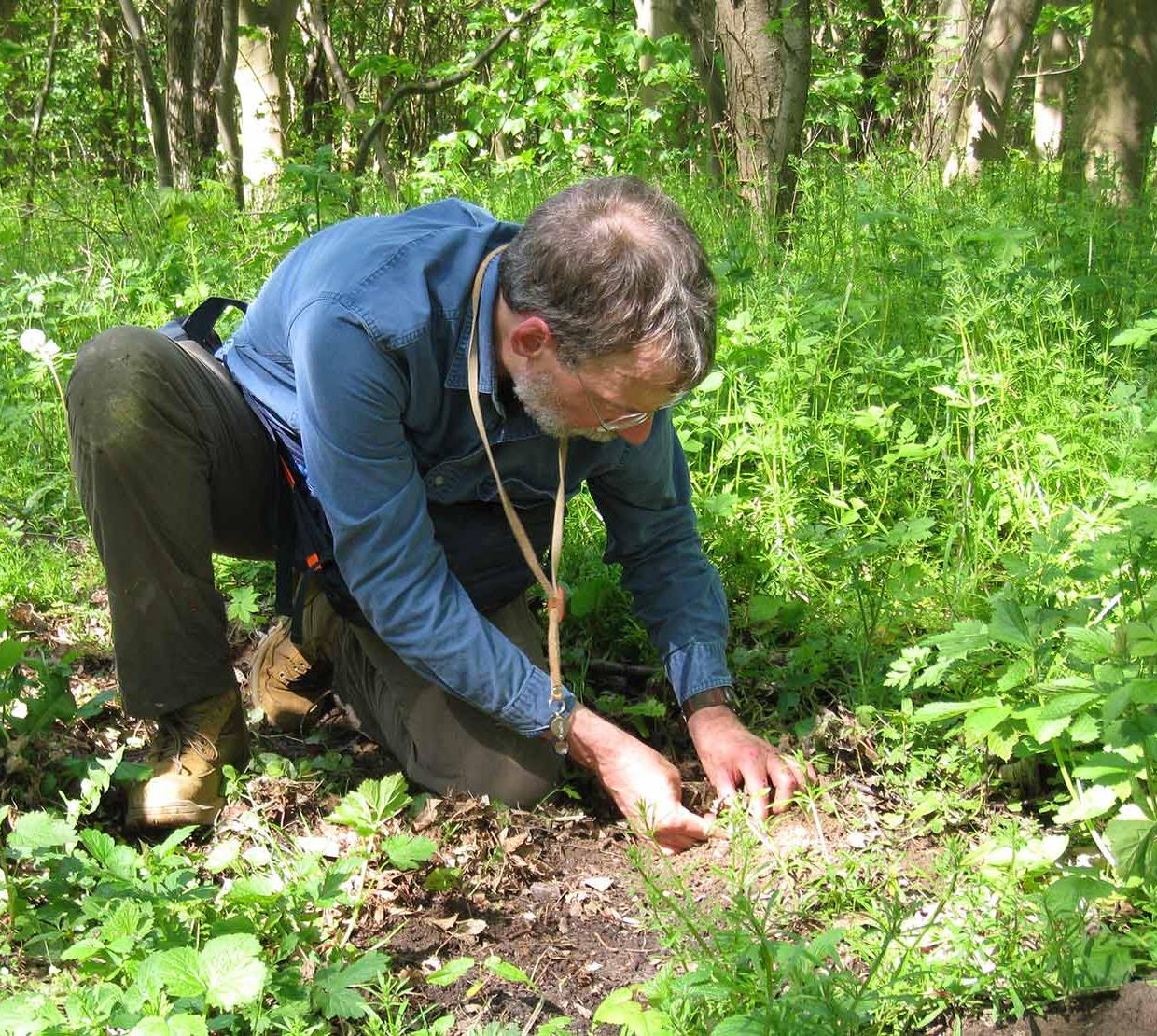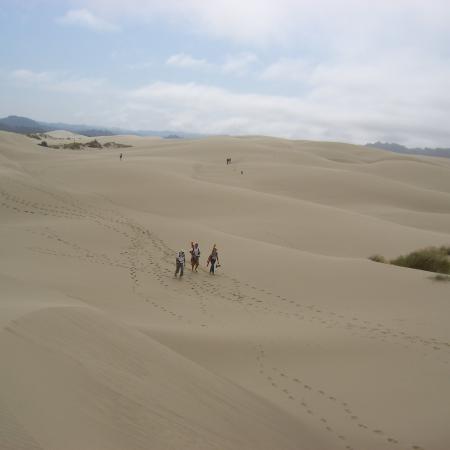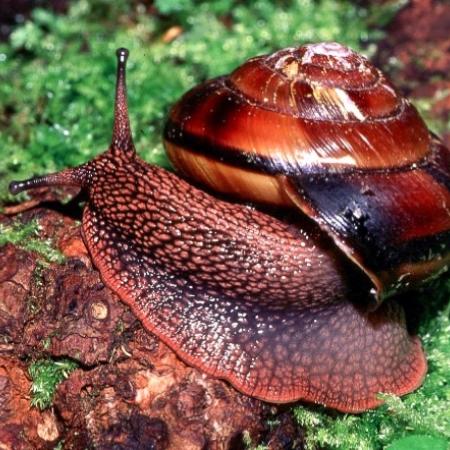Biologist David Maddison has been awarded the lifetime honor of being elected a fellow of the American Association for the Advancement of Science (AAAS), the world’s largest general scientific society. In a tradition stretching back to 1874, AAAS fellows are recognized for their extraordinary achievements across disciplines “toward advancing science applications that are deemed scientifically or socially distinguished.”
He joins two other researchers from the College of Science who were named AAAS fellows in 2018: Michael Freitag, a professor of biochemistry and biophysics, and Mas Subramanian, the Milton Harris Chair in Materials Science. This brings the total of AAAS fellows in the College of Science to 16.
Maddison, honored in biological sciences, was selected for his work in phylogenetic systematics, “including software tools that revolutionized how phylogenies are studied, and advances in beetle evolutionary biology.”
He studies origins of beetle diversity, including the nature of their evolutionary tree, and documents the species of ground beetles. Maddison also is co-developer of two of the more widely used software packages in phylogenetic biology. He holds the endowed Harold and Leona Rice Professorship of Systematic Entomology in the Department of Integrative Biology and is Director of the Oregon State Arthropod Collection.
Maddison’s area of specialty is the evolution of adult and larval structure, chromosomes, and genomes of ground beetles. He is collaborating with colleagues to study the phylogeny of the major lineages of carabid beetles, using DNA sequence data as well as morphological characters to “gaze down into the murky depths of millions of years ago, an extremely difficult enterprise.” He has recently become enthralled with beetles frozen in ancient 99-milion-year old amber and what they tell us about the evolutionary history of beetles.
Maddison and his twin brother Wayne Maddison, a professor in the departments of Zoology and Botany at the University of British Columbia, were honored with the Society of Systematics Biology’s prestigious Presidents’ Award for Lifetime Achievement in 2016.
In his blog Subulate Palpomere, Maddison eloquently describes the joy of finding a new species of beetle out in the field or, thanks to a new trove of genomic data, discovering that the “boringly common” North American beetle Bembidion curtulatumis actually several different species:
“When a pattern in nature emerges, suddenly revealed through new data, I get a high unlike any other.”
“Being a scientist,” shares Maddison, “is like reading a series of novels, with unexpected crises, resolutions, and moments of calm. There are characters in which we have fallen in love, but not all of them survive, and we become accepting of a changing cast. We have difficulty putting down the book, because the plot is so engaging; sometimes we wish we could turn the page more quickly than we can. And, both to our delight and consternation, we know that the series of novels is endless, and we will never be able to finish the last page, close the book, and set it down.”
Maddison is also a skilled artist who practices and teaches scientific illustration and recently exhibited his work in the show “Languages of Nature” at Oregon State’s Little Gallery last spring.
Maddison was among 416 AAAS members awarded the distinction of AAAS fellow this year. He will be introduced as a new fellow on February 16, 2019, in Washington, D.C., during the AAAS annual meeting.




